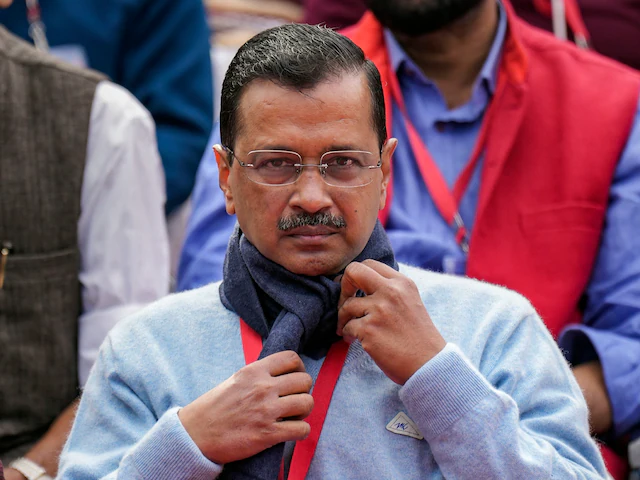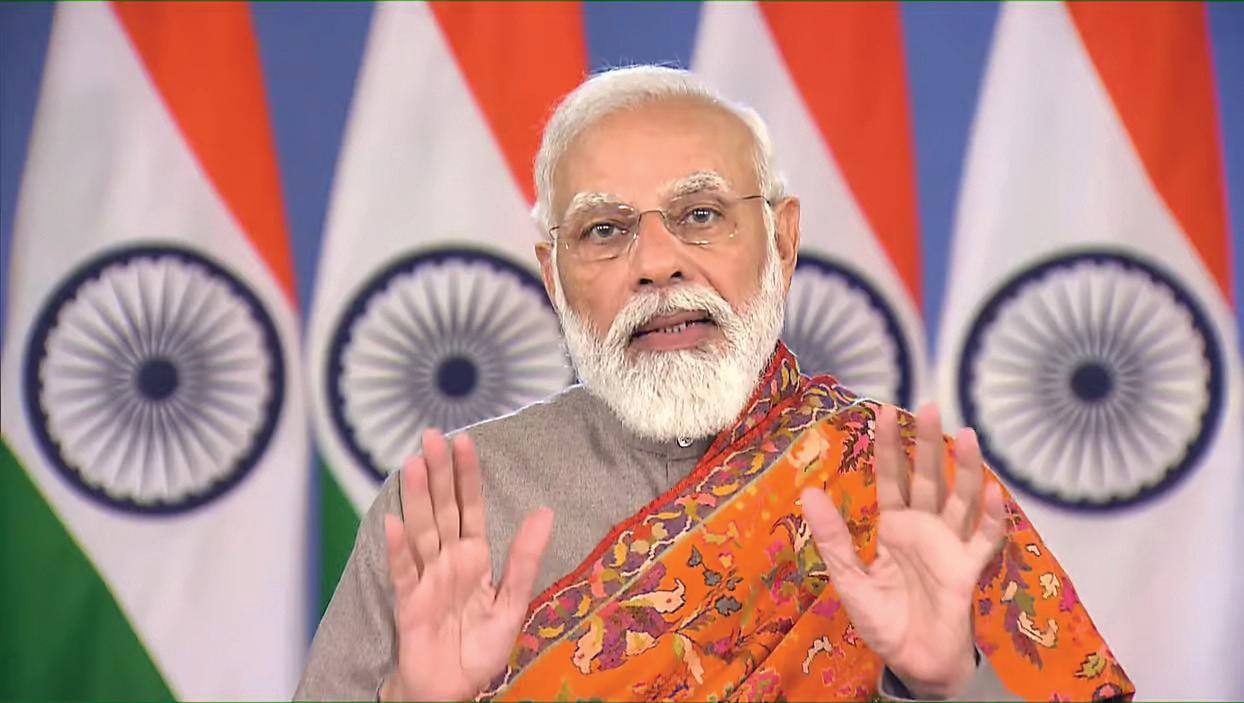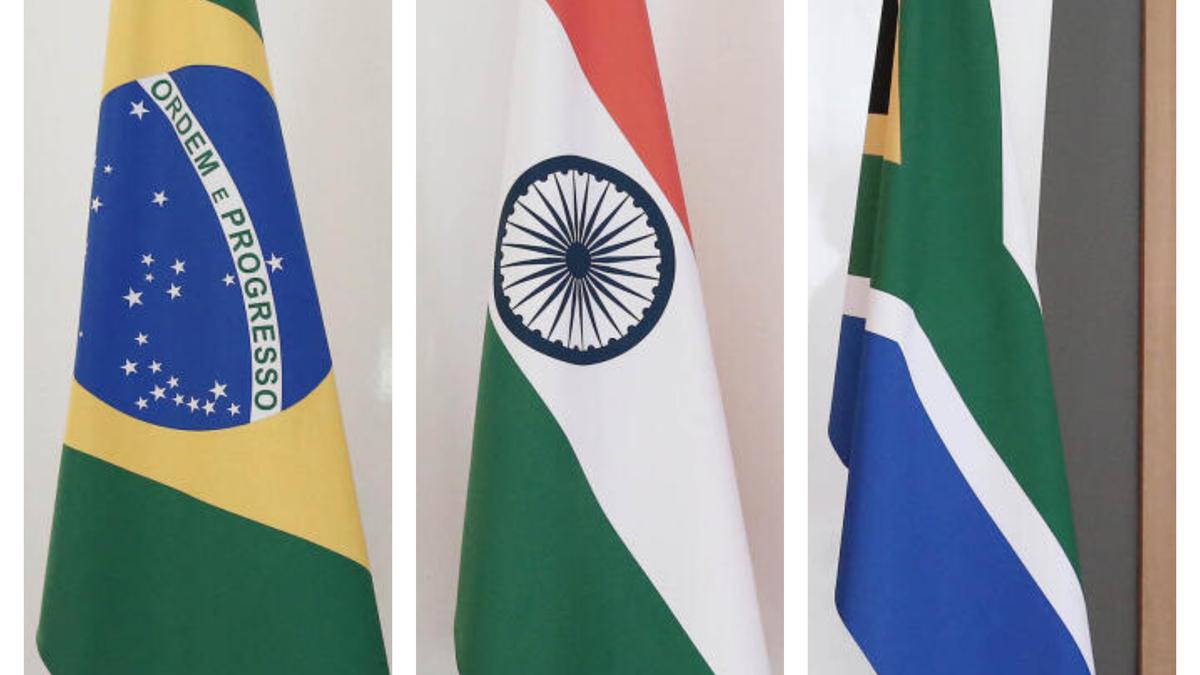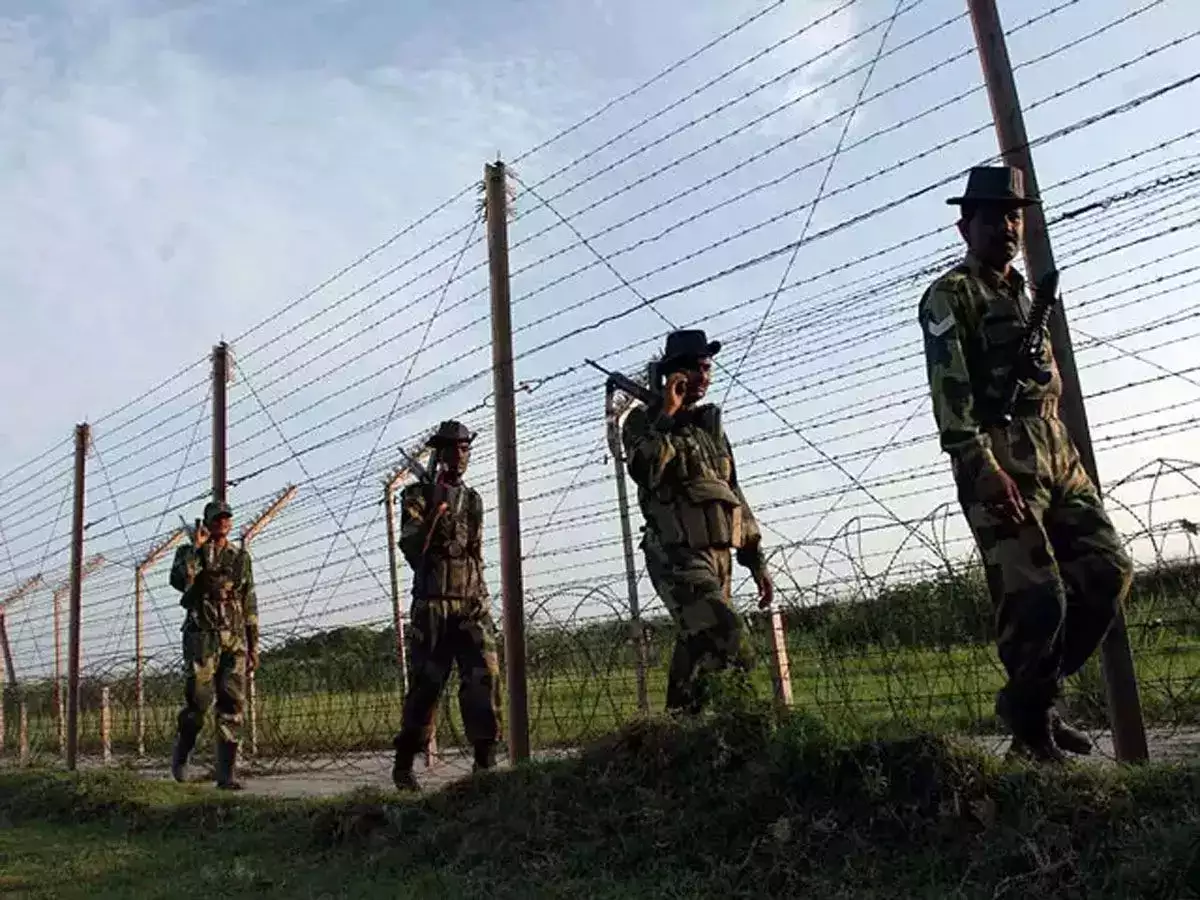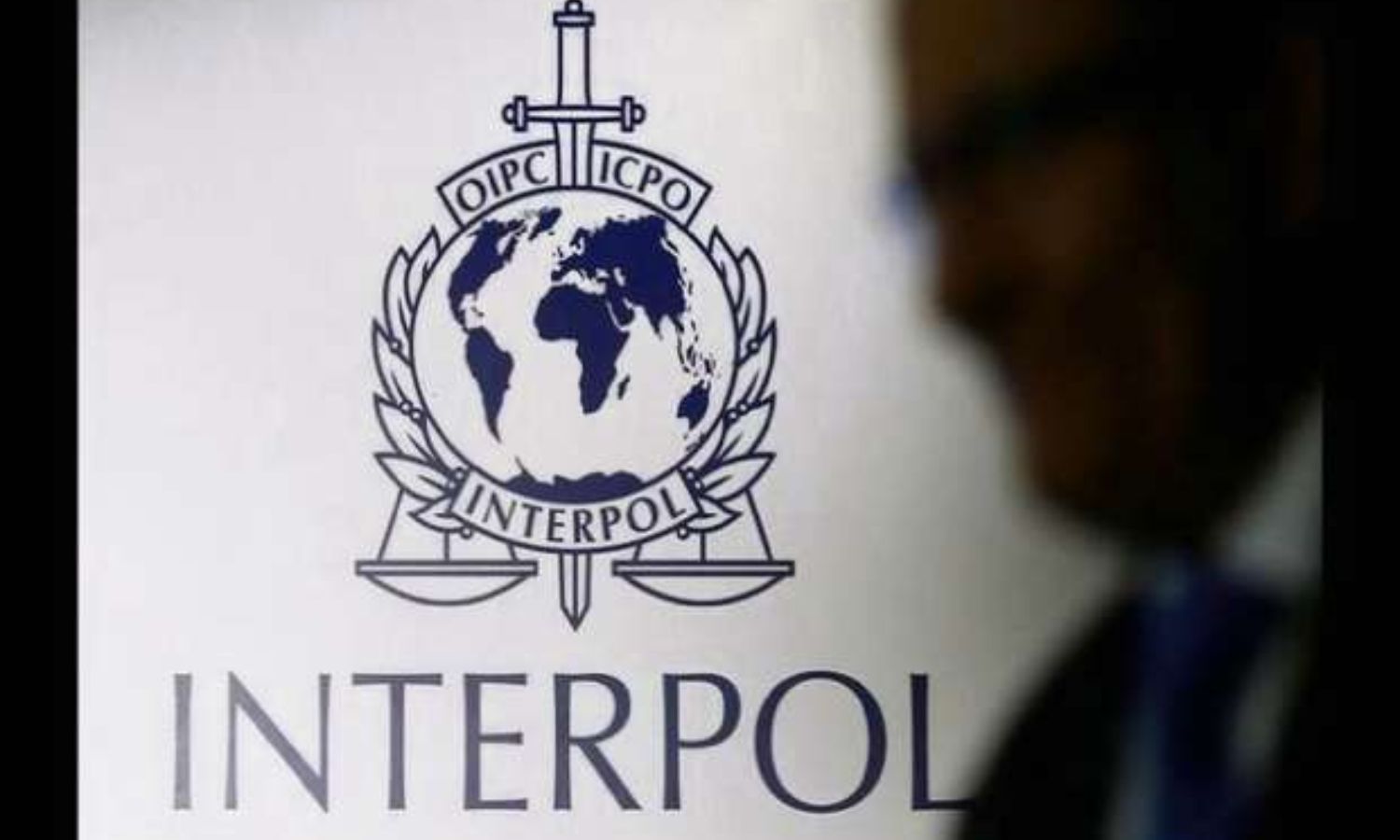The Delimitation Commission is appointed by the President of India and works in collaboration with the Election Commission of India. It is appointed for the purpose of drawing up the boundaries of constituencies all over the country.
The Delimitation commission or Boundary commission of India is a commission established by the Government of India under the provisions of the Delimitation Commission Act. The main task of the commission is redrawing the boundaries of the various assembly and Lok Sabha constituencies based on a recent census. The representation from each State is not changed during this exercise. However, the number of SC and ST seats in a state are changed in accordance with the census. The present delimitation of constituencies has been done on the basis of 2001 census under the provisions of Delimitation Act, 2002.
The Commission is a powerful and independent body whose orders cannot be challenged in any court of law. The orders are laid before the Lok Sabha and the respective State Legislative Assemblies. However, modifications are not permitted.
Delimitation commissions have been set up four times in the past — 1952, 1962, 1972 and 2002 — under Delimitation Commission Acts of 1952, 1962, 1972 and 2002.
The union government had suspended delimitation in 1976 until after the 2001 census so that states’ family planning programs would not affect their political representation in the Lok Sabha. This had led to wide discrepancies in the size of constituencies, with the largest having over three million electors, and the smallest less than 50,000.
After the Articles 370 & 35-A are made inoperable and the State reorganisation,the J&K Reorganization Act, 2019 (Act) mandates gerrymandering of assembly constituencies through the process of delimitation.
The delimitation process of Assembly Constituencies, as envisaged by The J&K Reorganization Act, 2019 (Act) is underway. Delimitation Commission constituted under Section 3 of the Delimitation Act, 2002 is on the job. Need for delimitation of the constituencies arose because the number of seats in J & K legislative Assembly has been increased to 114.
The delimitation process has generated hope among the people especially in the displaced Pandits that a way will be found out to ensure their political representation & empowerment. Accordingly, they have approached the Commission with their well founded case for having a statuary share carved out for them in the upcoming State Assembly.
Social Aspect:
The three-member commission, was setup in March 2020 and is headed by Justice (Retired) Ranjana Prakash Desai, proposed six more seats in the Jammu region and only one additional seat in Kashmir in proposed 90-member house.
Kashmir will be have 47 seats and Jammu region 43 seats.
The Delimitation Commission, mandated to redraw the assembly and parliamentary constituencies in Jammu and Kashmir, put its report in the public domain on Monday and invited objections and suggestions from people.
The Delimitation Commission has published its report in the gazettes of India as well as Jammu and Kashmir regarding the proposals.It has proposed six more seats in the Jammu region and only one additional seat in Kashmir in proposed 90-member legislative assembly house.Kashmir will have 47 seats and Jammu region 43 seats.
The displaced aborigines natives put up their case strongly before the commission for reservations of assembly seats for them.Their representatives consisting of various social organisations namely AIKS,Kashmir Samiti, Jammu Kashmiri Sabha and Punun Kashmir etc.The most vocal representation has been presented by social activists,the former top civil servants,the thought leaders and cultural activists,led by a erudite columnist and prominent leader Ashwani Chrangoo articulated the cause of displaced KPs most comprehensively and submitted law and facts about the specially placed population elsewhere in the country having been accommodated in the constitutional scheme of the Country as an exception.KPs urged the Commission at least put in a Para or two in their final report recommending at least three nominated seats in the JK assembly and a nominated seat in the Parliament.Similarly the exiled community submitted memorandums to PM Modi and HM Amit Shah to effect required and specific amendments in the Constitution in this regard.There can not be more extraordinary special facts and circumstances than the plight of Kashmiri Pandits living as refugees in their own Country for 32 years in today’s modern days of enlightenment and democracy that deserves an amendment to accommodate 7lacs population in the promotion of idea of India in Kashmir.
The last memorandum submitted reads as;
Hon’ble Justice Ranjana Desai Ji
The Chairperson,
Delimitation Commission of India
New Delhi
In view of the visit of Delimitation Commission to Jammu in context of the publication of the final report on Delimitation of constituencies in J&K, kindly permit us to put our point of view before your honour.
We already have made in the our presentation before you last year in March at Delhi and in July at Jammu.
The issue of the displaced Kashmiri Pandits can’t be ignored so far as the political representation of the Community is concerned. It will be a worse tragedy than the tragedy of our genocide and exile. In case this community is left behind, it will be a constitutional sin against the community. A section of the society that is indegenous to the land of the state can’t remain unrepresented in a representative parliamentary democracy in its own state the foundations of which have been laid by the community forefathers.
It has already been made known by us to the Commission alongwith the necessary documents that the displaced communities of Kashmiri Hindus and Kashmiri Sikhs have no opportunity in the prevailing situation to get elected either to the J&K Assembly or to the Parliament.
A reference in the draft could be made in the final report regarding our repeated interaction and submission before you. The government could be asked to favourably consider the issue of amendment in the constitution to accomodate the displaced community by inclusion through reservation or nomination to the J&K Assembly. There are already a number of instances in this regard in our country in various states like Sikkim, Pudduchery, the previously Anglo-Indian nominations in the Parliament or the Women nominations in J&K Assembly.
Your honour acknowledged in the meeting last time that there was enough substance in our presentation in this context. It is requested that an appropriate reference is made in the final Report in this regard to the government and the parliament enabling the government to take an appropriate constitutional measure in this respect.
Thanks.
Best Regards,
Ashwani Kumar Chrungoo, Yoginder Kaul IPS,& Virender Raina, President,
Panun Kashmir
LEGAL AND FACTUAL POSITION:
The delimitation process of Assembly Constituencies, as envisaged by The J&K Reorganization Act, 2019 (Act) is underway. Delimitation Commission constituted under Section 3 of the Delimitation Act, 2002 is on the job. Need for delimitation of the constituencies arose because the number of seats in J & K legislative Assembly has been increased to 114.
> The delimitation process has generated hope among the displaced Pandits that a way will be found out to ensure their political representation & empowerment. Accordingly, they have approached the Commission with their well founded case for having a statuary share carved out for them in the upcoming State Assembly.
SOCIAL ASPECT:
Case for Constitutional amendment
Among the myriad ethno, cultural religious and other groups that exist in the melting pot called India, the place of numerically small but significant Kashmiri Pandit community stood out as being privileged. The community which down the ages has made immense contribution to overall social, political and religious life of our nation is facing existential threat today. Away from home, they are fast losing their identity and, as a distinct race, is on the verge of extinction. How can KP identity survive as a distinctive and distinguished culture group is the moot point. Primarily, for this reason, it should come within the ambit of the United Nations Declaration on Rights of Minorities, which General Assembly adopted recalling Resolutions 46/115 of 17.07.1991, 1992/16 of 21 Feb 1992 and 1992/4 of 20.07.1992 of Commission on Human Rights:
Art 1.1 casts a duty on the State to protect the existence and the ethnic, cultural, religious, linguistic identity of minorities within their respective territories; and shall encourage conditions for promotion of that identity;
Art 1.2 calls upon the State to adopt appropriate legislative and other measures to achieve those ends;
Art 1.3 reserves a right for the person belonging to the minorities to participate in the decision making process at national and appropriate regional levels, wherein they live.
It may be pertinent to recall that the National Commission for Minoritiee expressed concern on the dwindling number of KPs. Former Chairperson of National Commission for Minorities, Tahir Mehmood, wrote to the then CM Farooq Abdullah, in 1999, inviting his attention to the miserable plight of the minorities in J&K state. He wrote, “Our Hindu brethren are in minority in J&K. We owe them the sacred responsibility of all that is necessary to protect their lives, properties, human rights and civil liberties” (No. CH/4/88 NCM dt 21.01.1999).
> Another Chairman NCM, Gayural Hassan Rizvi told media on 13th June, 2017 “If the definition of minorities has to be revisited, it is my opinion that Kashmiri Pandits should be first people to be accorded minority status. When minorities in the entire country have that status, privileges and opportunities, why should Kashmiri Pandits, who are as minority in the state, be left out? It is something the Parliament has to decide but I will definitely raise the matter in the appropriate forum .”
> These references are made to assert right of the KPs to have a say in the decision making process of the state which, keeping their small number in view, may be possible only by initiating an affirmative action in their favour, by reservation of seats in the Assembly. Following should be a guide in the matter
SANGHA RESERVATION
The Sikkim Legislative Assembly has one seat reserved for Buddhist Monks who live in Monasteries across Sikkim. This constituency is not bound by geographical boundaries but spreads across whole state like a floating constituency. The Supreme Court has in RC Poudial and another versus UOI & others (1994 SCC Sup 1 324) upheld its constitutionality on the argument that though these Monasteries no doubt are religious in nature yet they form a separate section of society. The Court appreciated Sikkim’s Sangha Assembly seat and characterized it as a perfect example of state’s unique political process to protect minority rights.
PUDUCHERRY MODEL:
Puducherry Assembly has 30 elected members and in addition the Government of India is empowered to nominate 3 members (with voting powers ) to the Assembly -from among the sections of society who don’t have chances to reach thereto by way of election. This model could be replicated in case of J&K UT, also to fecilitate the KP representation.
Nomination for Women in the erstwhile J&K Assembly:
In the erstwhile J&K Assembly there was provision for nomination of two women members to the House, in order to correct the gender balance. On the same principle demographic balance, in the upcoming Assembly, has to be maintained by ensuring representation of all sections – particularly the minorities of Kashmir whom the Kashmiri Pandits constitute the main bulk.
ANGLO INDIANS:
Art 331 of the Constitution of India, reserved seats in the Lok Sabha and made provision for State Assemblies to reserve seats for the Anglo-India Community. Rationale behind the reservation was that Anglo Indian community constituted a religious, social as well as a linguistic minority, and being numerically small community interspersed all over India, it wasn’t possible for them to get represented in a general election. KPs are similarly situated, so the logic behind Anglo Indian reservation fully applies to their case. True, this reservation lapsed in 2020 but the logic behind it remains intact. It got lapsed because only 296 Anglo-Indians remained in the country.
BASIC FEATURE OF THE CONSTITUTION:
In Indira Gandhi versus Raj Narrain (AIR 1975 SC 2299), the Supreme Court added following to the list of Basic Features law laid down in Keshvananda Bharti’s case (AIR 1973 SC 1461) “Democracy which means free and fair election”. In UOI V/S Association of Democratic Reforms (2002) (SCC 294) Apex Court held “Democratic Republic is a part of the basic structure of the constitution. For this, free and fair periodical elections based on adult franchise are must”. In People’s Union for Civil liberties case (2013 (6) Supreme 673) Supreme Court observed that the decision taken by a voter either to vote or not is his right of expression under Art 19(1)a of the Constitution. It said, “the voters participation in the election is indeed the participation in democracy itself. Non-participation causes frustration and disinterest, which is not a healthy sign of a growing democracy”.
KPs right to vote is adversely affected for not having a proper vehicle of representation in the Assembly. The candidate who stands up in the constituency, where the exiled Pandits once lived, is not known to them nor does the candidate ever bother to make himself known to the displaced voter, leave alone enquiring about his problems and concerns which the displaced Pandits would want the candidate to raise in the Assembly. In this situation, where there is none to represent him, the exile’s right to vote gets effectively scuttled. Once a bulk of voters is excluded from participating in the voting process, it no longer remains a participatory democracy.
> Article 2.3 of the UN Declaration on Rights of Minorities reserves a right for minorities to participate in decision-making process at national and regional levels, were they live. The right can only be exercised if there is a proper forum available to them. For the KPs, Legislative Assembly could be the forum to feel politically empowered, besides the two houses of Parliament.
Respected Sir,
The Delimitation Commission is hemmed in by the constraints of law. It may not be able to address this demand of the KPs in the desired manner. It requires amendments to the Constitution and other law. If clause A could be added to Section 36 of now repealed JK Representation of Peoples Act to have polling booths away from the jurisdiction of an Assembly Constituency to facilitate a displaced person to cast vote, similarly constituencies could be carved out for them to ensure their representation in the Assembly.
> The head count of people and geography are inalienably integral to the whole electoral regime of which the Delimitation of Assembly constituencies is an important component. Precisely, to mark the point, the Delimitation Act 2002 lays emphasis on Census (Section 8) and compactness of Geography (Section 9) for delineation of Assembly or Parliamentary Constituencies.
For the reasons mentioned herein above both Census and the Geography elude them. There has been no head count of them, nor do they have the Geographic compactness to live in present. With the result KPs stand thrown out of the electoral regime. This amounts to their disenfranchisement and denial of citizenry rights which are available to their compatriots in the country.
In addition, this constitutes a grave violation of Human Rights. There can be no worse example of a whole community being excluded from the electoral process. The situation goes against the letter and spirit of the Delimitation process.
Appeal to PM Modi by representatives of Exiled KPs
Hon’ble PM ,Shri Narinder Modi,the displaced KPs look up to you as a Messiah who would deliver them their due ameliorate their miserable plight and ensure that the due rights -socio-political and economic– as envisaged by the Constitution of India, flow to them, smoothly.It is hoped that a necessary amendment to the constitution would be considered by Modi:2:0 to accommodate this illustrious community with political empowerment in the constitutional process of the Country to further contribute in promotion and consolidation of idea of India in Kashmir.
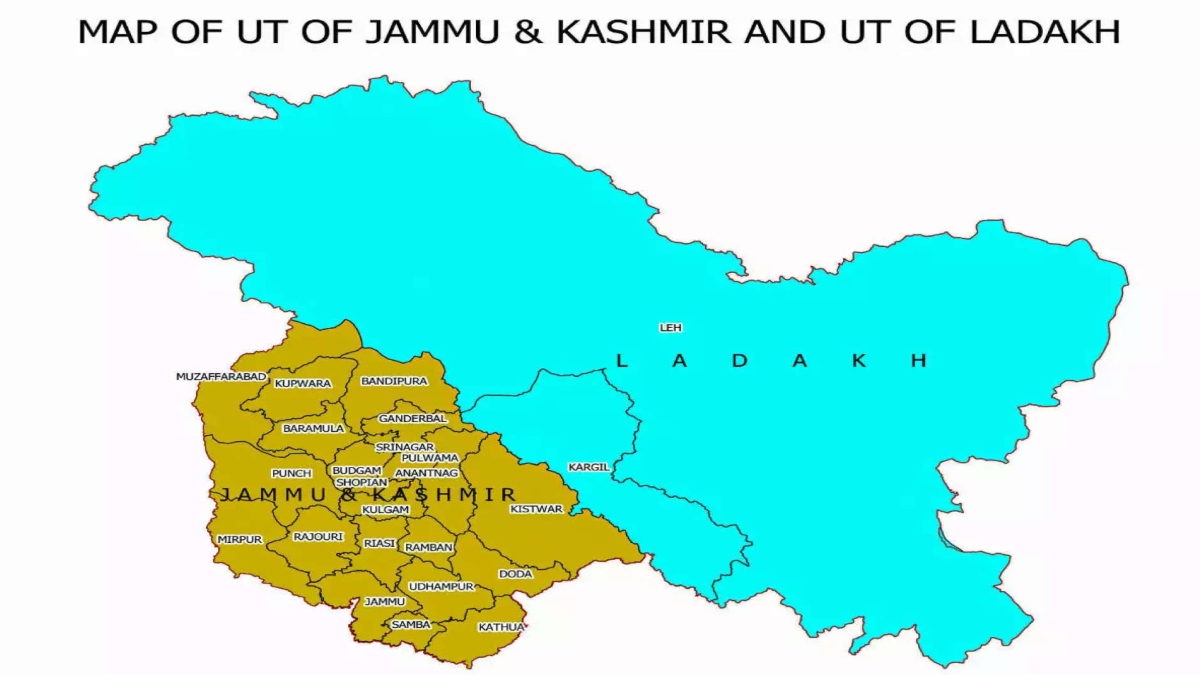

 Opinion3 years ago
Opinion3 years ago
 Entertainment8 years ago
Entertainment8 years ago
 Entertainment8 years ago
Entertainment8 years ago
 Fashion8 years ago
Fashion8 years ago
 Opinion3 years ago
Opinion3 years ago
 Politics8 years ago
Politics8 years ago
 Entertainment8 years ago
Entertainment8 years ago
 Entertainment8 years ago
Entertainment8 years ago
